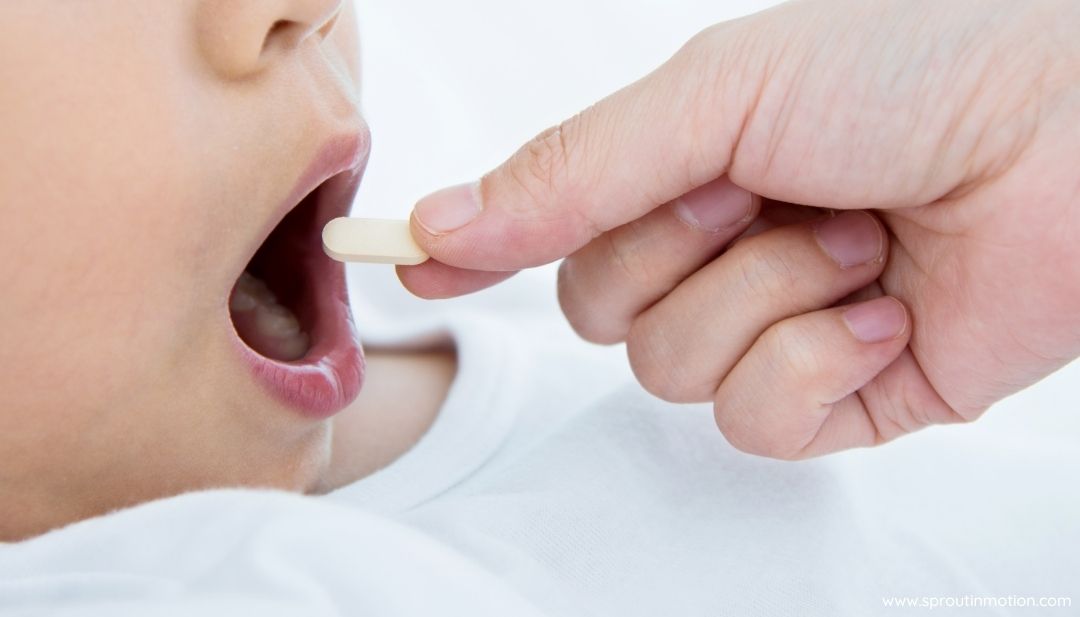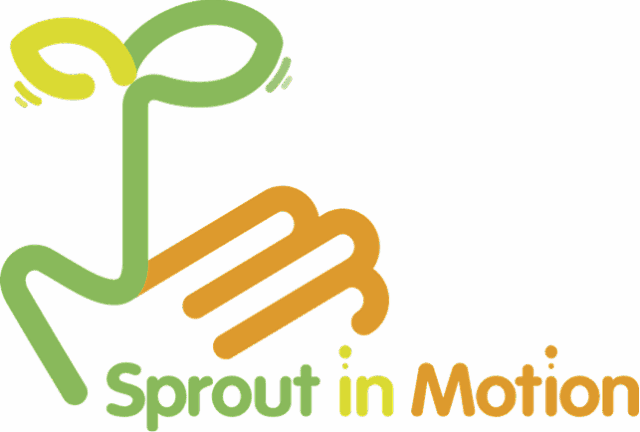
How Long Does My Child Need ADHD Medication? Starting Age, Growing Up, and What to Expect
October 15, 2025
3 min read
When Should My Child Start ADHD Medication?
Deciding when to start medication for ADHD is an important and individual decision. Research and clinical guidelines suggest:
- Start with a Comprehensive Assessment:
Before starting any medication, your child should undergo a full evaluation by a qualified professional, including input from parents, teachers, and—if possible—the child. - Age Considerations:
- Preschoolers (under 6 years):
Medication is generally not the first-line treatment for very young children. Behavioral therapy and parent training are recommended first. Medication may be considered only for severe cases. - School-age children (6 years and up):
Most children start medication between ages 6 and 12, especially if ADHD symptoms are causing significant difficulties at school, with peers, or at home. - Adolescents:
Teens can also start or continue medication, especially if symptoms persist and impair academic, social, or emotional functioning.
- Preschoolers (under 6 years):
Bottom line: The optimal age to start is when ADHD symptoms are clearly impacting daily life and behavioral interventions alone are not enough. For most, this is elementary school age.
- ADHD is a chronic, often lifelong condition.
Symptoms can improve with age, but many children, teens, and adults still experience challenges. - Medication is a tool, not a cure.
It helps manage symptoms, but does not “fix” ADHD or make it go away. - Duration depends on individual needs:
- Some children may take medication only during school years.
- Others may need it into adolescence or adulthood.
- A small number may find they no longer need medication as they mature.
Regular Review Is Key
- Doctors usually recommend regular medication reviews (every 6-12 months) to see if the medication is still needed, effective, and well tolerated.
- Some families try “medication holidays” (breaks on weekends or school vacations) to see how the child does without medication—this should always be discussed with the doctor.
Signs a Child Might Be Ready to Reduce or Stop Medication:
- Improved self-control and organizational skills
- Managing well at school and home without medication
- Few or no academic, social, or behavioral problems
Always consult your doctor before making any changes!
What Happens When Children with ADHD Grow Up?
Adolescence:
- For many, symptoms (especially hyperactivity) may decrease as they reach their teens, but issues with attention, organization, and impulse control often persist.
- School and social pressures often make symptoms more noticeable, so many teens continue to benefit from medication.
Adulthood:
- About one-third of children “grow out” of ADHD symptoms enough to stop medication entirely.
- Another one-third continue to have symptoms that benefit from medication or other support in adulthood.
- The last third may have mild symptoms that only occasionally require treatment.
Transitioning to Adult Care:
- As teens become adults, they may need to switch to adult ADHD specialists or psychiatrists.
- Adult life brings new challenges—college, jobs, relationships—so support may still be needed, whether through medication, coaching, or therapy.
Does Taking Medication as a Child Mean You’ll Need It Forever?
Not necessarily!
- ADHD medication use is always individualized.
- Some people stop medication in their late teens or adulthood, while others continue as long as it helps.
- Life changes (like a new school, job, or family) may bring new challenges, and some people may return to medication after a break.
Key Points for Parents
- There’s no fixed time frame—some children take medication for years, others for shorter periods.
- Regular check-ins with your doctor are essential to assess progress and side effects.
- Medication decisions should be flexible and based on your child’s needs at each stage of life.
- ADHD is lifelong for many, but symptoms and supports change over time.
Final Advice
- Do not rush to start or stop medication—work closely with your healthcare team for the best outcome.
- Support goes beyond medication: Behavioral strategies, school accommodations, and emotional support matter just as much.
- Growing up with ADHD can mean new challenges and successes—with the right support, children and teens with ADHD can thrive at every stage.
If you have questions about ADHD medication, duration of treatment, or how to support your child as they grow, our clinical team is here to help. Reach out anytime—you’re not alone on this journey!





